Western Bulk Herbs – Feverfew
Feverfew has been used to reduce fever for hundreds of years. It’s also been used for the treatment of migraine headache and expelling after-birth during childbirth. Recent studies have shown feverfew can be used to reduce pain from arthritis. Of course, it can help reduce fevers and associated side effects.
Latin Name:
Tanacetum parthenium
Common Names:
Bachelor’s Buttons, Featherfew, Featherfoil, and Flirtwort.
Parts Used:
Leaf, flower and occasionally the stem
Properties:
Aperient, carminative, bitter.
Traditional Uses:
tincture, teas
Culinary Uses:
Not used in cooking.
Chemical Properties:
Parthenolides and unknown therapeutic substances.
Cautions:
Do not use Feverfew if you are pregnant. Do not use if you have bleeding disorders, in combination with warfarin, or before surgery due to its blood-thinning qualities. Avoid use if you are allergic to other Asteraceae plants, such as ragweed. Possible side effects include mouth ulceration or gastric disturbance, but this has only been observed in 6-15% of users.
Folk Lore:
Feverfew has been used from the beginning of Greek medicine. The Latin name parthenium is believed to come from someone who fell from Parthenon, the temple of the goddess Athena on the Acropolis in Athens. In the Middle Ages it was used for colic, inflammation fever, insect bites, psoriasis, toothache, vertigo, and arthritis. Today, it’s one of the selling herbs for headaches.
*Disclaimer: These statements have not been evaluated by the Food and Drug Administration. This product is not intended to diagnose, treat, cure or prevent any disease.
Resources:
PDR for Herbal Medicines, 2000. Medical Economics Company, Montvale, New Jersey.
The New Holistic Herbal. David Hoffmann, 1990. Barnes and Noble Books, New York.
A Modern Herbal, Mrs. M. Grieve, (Dover Publications, New York, 1971)
Major Herbs of Ayurvedic.Compiled by Dahur Research Foundation and Dahur Ayurvet Limited, Ghaziabad, India., 2002. Churchill Livingstone, London, England.
Chinese Herbal Medicine: Materia Medica, Third Edition, Dan Bensky and Andrew Gamble, 1986. Eastland Press, Seattle, WA.
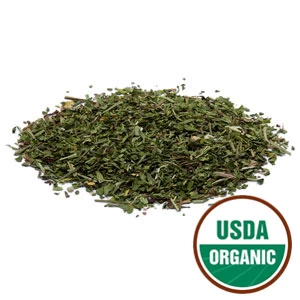

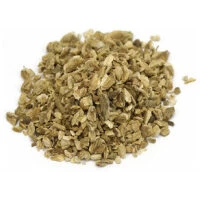
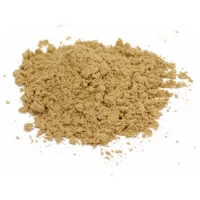
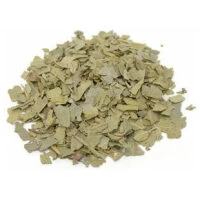
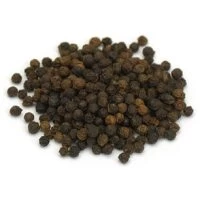
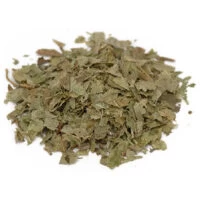
Reviews
There are no reviews yet.